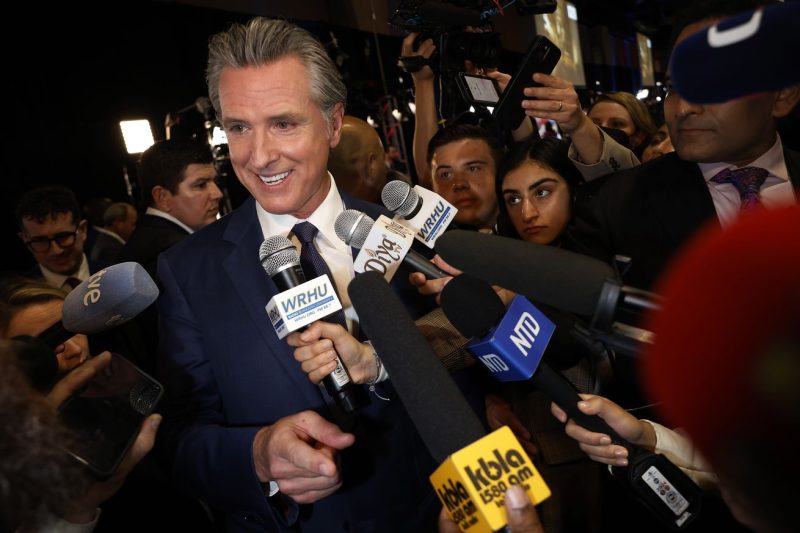The state of California made significant strides in regulating the use of Artificial Intelligence (AI) for creating clones of deceased actors. Governor Gavin Newsom recently signed new rules that aim to limit the exploitation of AI-generated replicas of deceased actors in film and other forms of media. These regulations, applauded by many in the industry, mark a turning point in the intersection of technology and entertainment.
The advent of AI technology has opened up new possibilities in the world of filmmaking. One such innovation involves creating digital clones of actors based on their past performances. This technology can be used to incorporate deceased actors into new films, reanimate iconic characters, and seamlessly integrate past footage with current productions. While on the surface, this may seem like a novel and exciting advancement, it also raises ethical concerns regarding consent, exploitation, and the integrity of an actor’s legacy.
The new rules imposed by California aim to address these ethical dilemmas by establishing boundaries on the use of AI-generated replicas of deceased actors. The regulations require production companies to disclose the use of AI actors in their projects, obtain consent from the estate of the deceased actor, and provide royalties to the estate for the use of their likeness. These measures prioritize transparency, respect for the deceased, and fair compensation for their contributions.
Moreover, the rules underscore the importance of preserving the authenticity and uniqueness of an actor’s performance. While AI technology can replicate the appearance and mannerisms of an actor, it cannot capture the essence of their talent, personality, and individuality. By limiting the use of AI clones, the regulations uphold the value of human artistry, creativity, and expression in the entertainment industry.
The implementation of these rules not only protects the rights and dignity of deceased actors and their families but also encourages filmmakers to prioritize originality, creativity, and storytelling in their projects. Rather than relying on AI replicas as a shortcut to resurrect past talents, filmmakers are encouraged to explore new avenues for casting, storytelling, and character development. This shift towards more ethical and thoughtful filmmaking practices can lead to a richer and more diverse cinematic landscape.
In conclusion, California’s decision to limit the use of AI actor clones marks a significant step towards ensuring ethical practices in the entertainment industry. By establishing guidelines that prioritize consent, transparency, and fair compensation, these rules set a precedent for responsible and respectful use of AI technology in filmmaking. As technology continues to evolve, it is essential to uphold the values of integrity, creativity, and human authenticity in the art of storytelling.

